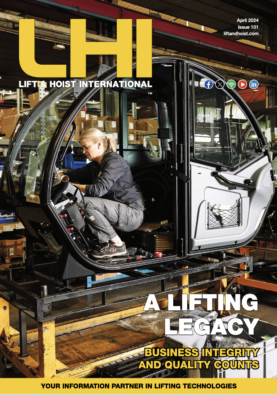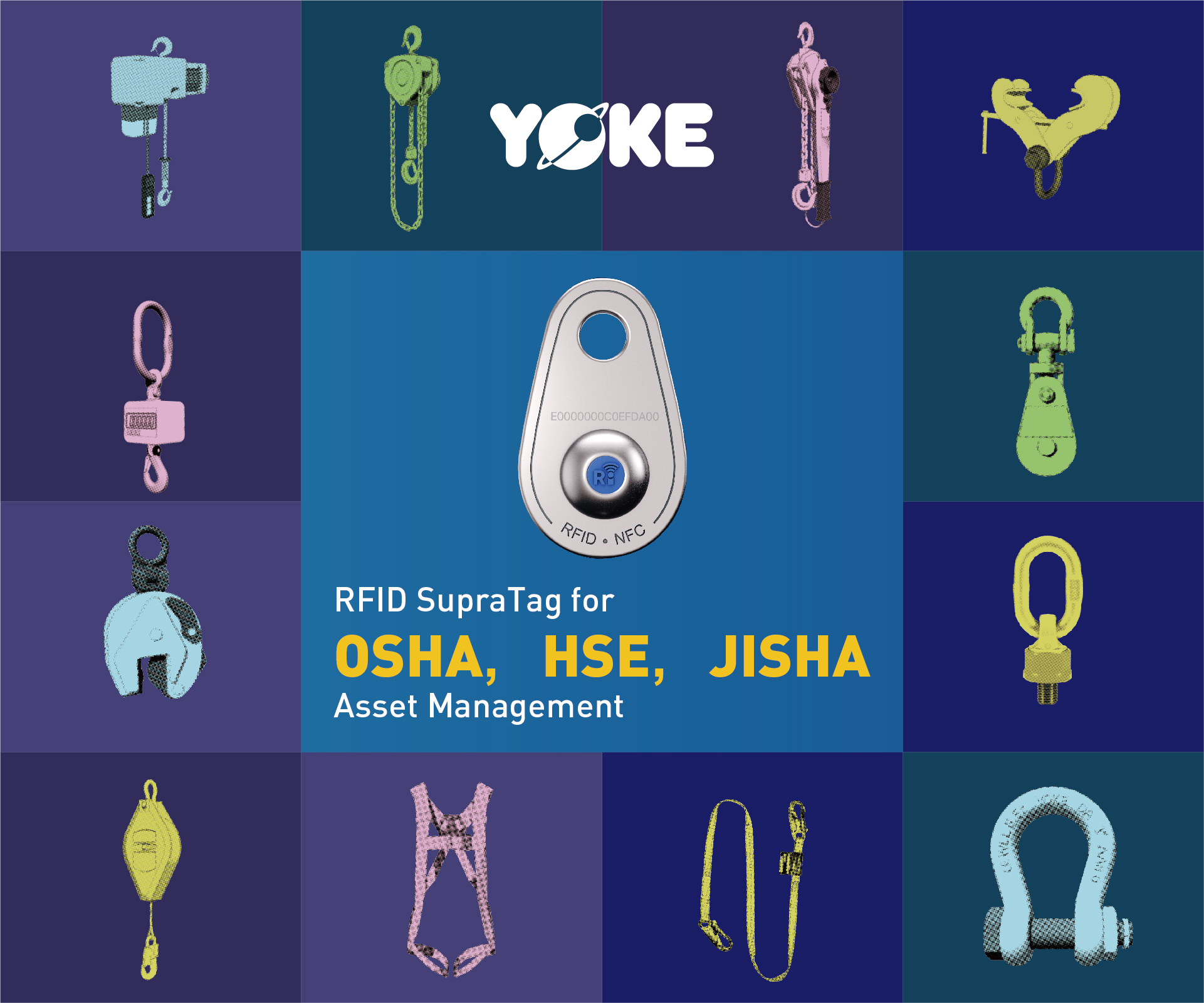)
Manual handling training: a “waste of time and money”?
Mentor Training, a leading UK training provider to the materials handling industry, is urging businesses to review the manual handling training delivered to staff after research from the HSE revealed that simplistic and “off the shelf” courses – which involve bending your knees to lift a cardboard box – are “just a waste of time and money” and do nothing to reduce risk.
According to the latest figures, almost 9 million working days were lost to musculoskeletal disorders (MSD) last year.
Mentor is reminding employers that MSDs occur in all industries and across all ages and genders…and they aren’t always the type of catastrophic injuries you might associate with manual handling tasks.
Constant repetition of ‘light’ tasks can put staff at a high risk of cumulative injuries, developed over time, and given the UK’s aging workforce, it’s vital that employers ensure the longevity of their employees’ working lives.
To address this, the HSE have issued advice on limiting the risk of MSDs in the workplace. At their recent Work-Related Musculoskeletal Disorders Summit, health and work portfolio manager Geoff Cox recommended that employers take a holistic approach, starting with reorganising and redesigning working practices, before looking at training requirements, to ensure manual handling processes are truly tailored to the needs of the workforce.
With regards to training and its role in effectively minimising risk, Mr Cox stresses: “This needs to be customised and professionally delivered. Any such training should be based on observations of current working practices and should be informed by the views and experience of the workforce.”
This is a view long advocated by Mentor, who has consistently emphasised the need for relevant training, based around workers’ day-to-day tasks, as the most effective way of reducing the risk of serious injuries on site, and offered tailored alternatives to generic manual handling courses.
As Mentor’s technical manager, Andy Cartwright, explains, “In our experience, training is most effective and engaging when content is as tailored as possible to the delegates attending. It needs to be relevant and applicable to the industry and, more specifically, the job roles of those taking part. We’ve found that training scenarios that use companies’ own loads and working environments really help delegates to apply what they’ve learned.”
Andy says, “It’s not sufficient to put all staff through a generic course – without considering its relevance to their roles. When delegates are at high risk of a manual handling injury, it’s crucial they receive the comprehensive training required to recognise the hazards, and understand their potential consequences for their work and home life. So we ensure it’s engrained during training, with hard-hitting, interactive content that really targets the behaviour at the root of bad practice.
“But not everyone faces the same risks. That’s why we offer a range of training packages, from specialist courses designed for those with more physical roles to induction and refresher courses for those who handle less frequently but still need to be aware of risks that apply to them, to make sure everyone receives the guidance they need.”
In recent years, Mentor has worked with a variety of UK companies who have unique requirements, specific to their industry and operation, to develop bespoke training courses designed to meet the particular needs of staff handling loads on their sites.
And, as per all of Mentor’s manual handling courses, delegates receive guidance on assessing the risk involved in a task and finding ways to reduce it, enabling employees to contribute towards site safety long after training is over.
Mentor is therefore welcoming this latest guidance and encouraging businesses to move away from generic courses and, instead, see the benefits of training learners using relevant scenarios, demonstrations and loads which, they add, needn’t mean a huge cost-increase for your business.
In fact, they assure that this customised approach is not only good for your staff, but for your business, too. Andy explains: “To get the best returns on your training budget, it’s crucial that your course is not just a ‘box-ticking’ exercise. To see improvements in long-term safety, while avoiding costly distress, damage and disruption, it needs to make a real impact on your workforce, while being clear, concise and, above-all, relevant.”
“It’s not enough to simply familiarise delegates with generic examples of good and bad practice. At the end of the day, ignorance of the dangers is no defence against sustaining a potentially life-altering injury; training needs to be relevant and applicable to have a real effect on limiting risk.”










